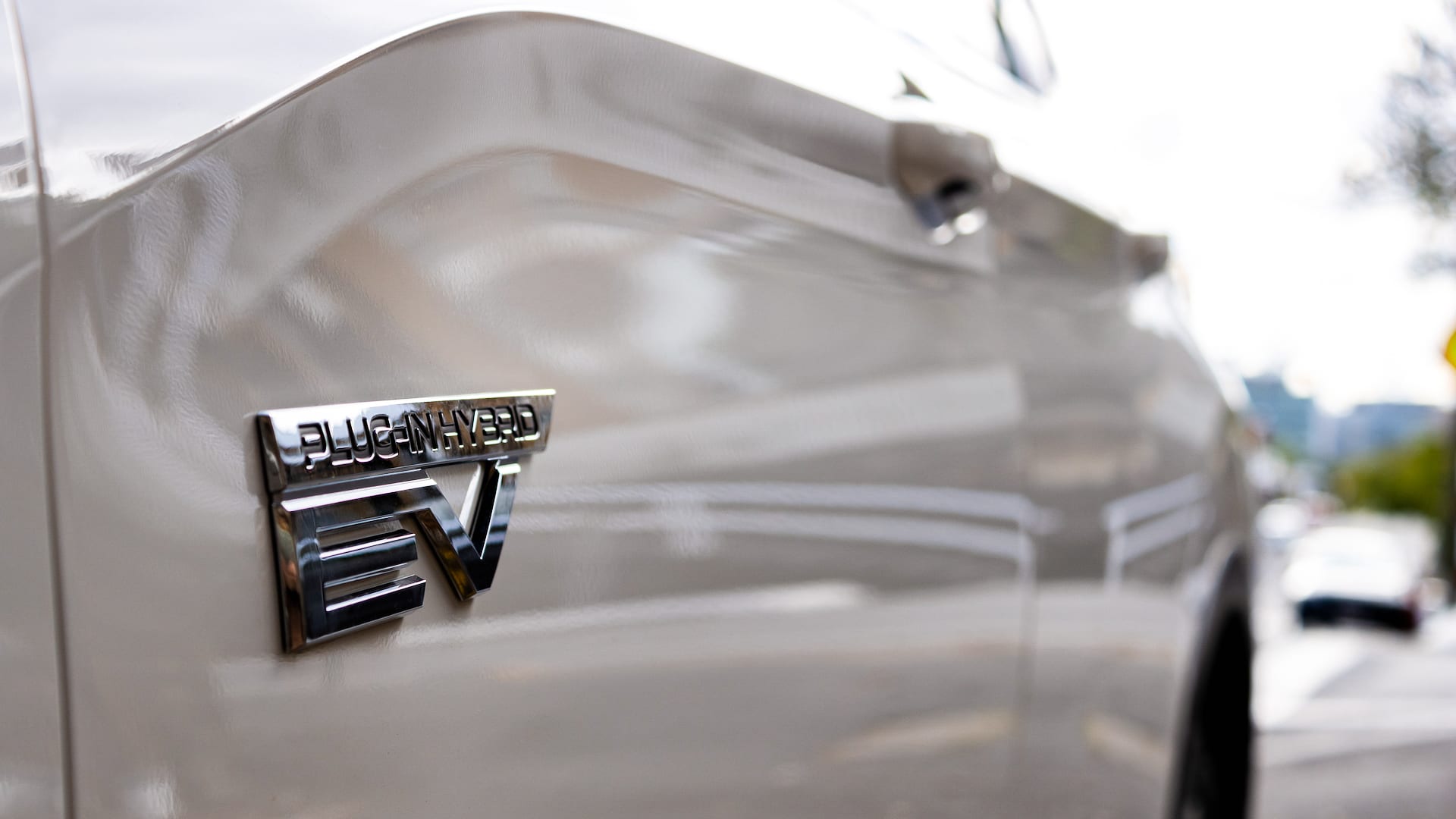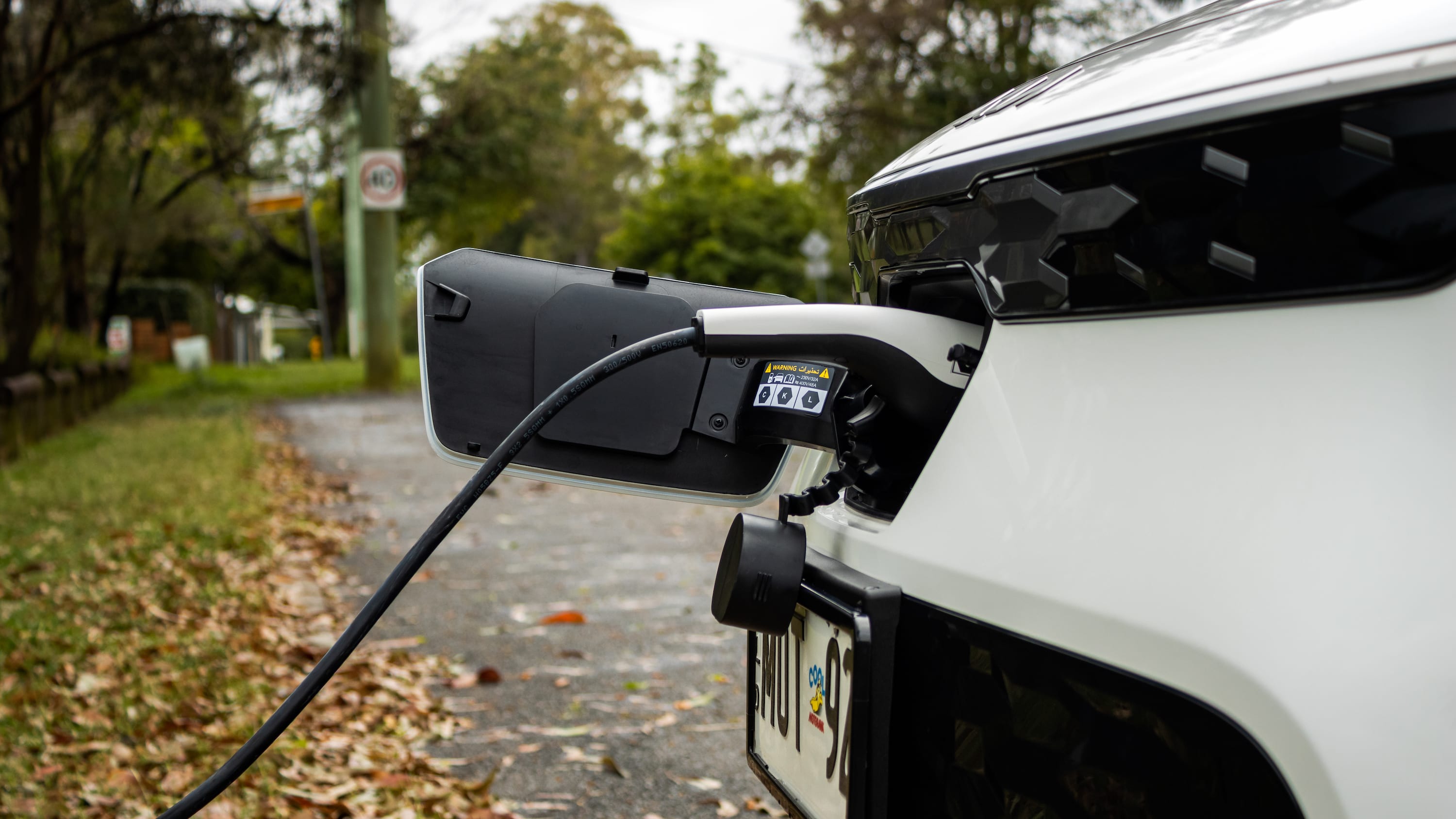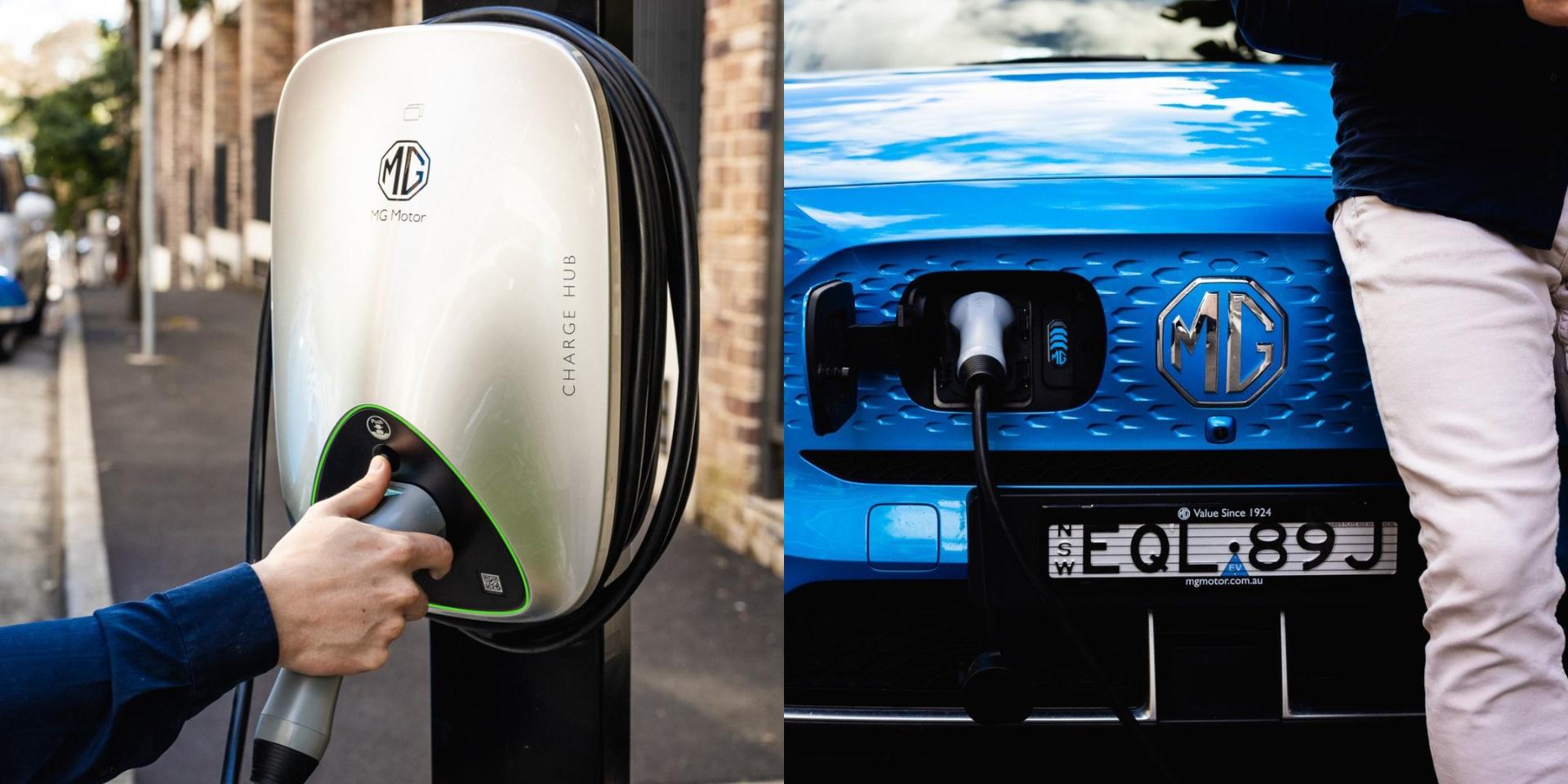
How the QLD Government is Making it Easier to Purchase an Electric Vehicle
Posted in Buyer Advice
How the QLD Government is Making it Easier to Purchase an Electric Vehicle
New updates for 2023
The strong push towards the electrification of vehicles from climate advocacy groups and environmentally-conscious consumers is driving efforts by various levels of government to increase purchase numbers of electric vehicles (EVs) across the country.
In early 2022, Queensland joined several other states by introducing financial incentives for EV purchasers through the Queensland Zero Emission Vehicle Rebate Scheme. On top of existing benefits such as discounted vehicle registration and registration duty fees, the Queensland government began offering $3,000 rebates (upgraded to $6,000 in 2023 for eligible households) to both commercial and private consumers who purchase an eligible zero emission vehicle (ZEV). Eligibility relies on a few factors, however, the scheme is certainly a welcome one for Queenslanders.

What is a 'Zero Emission Vehicle'?
Currently, there are two types of vehicles that satisfy the Queensland Government’s definition of a ‘zero emission vehicle’: a battery electric vehicle (BEV) and a hydrogen vehicle or fuel cell electric vehicle (FCEV). For the moment, the Rebate Scheme refers only to BEVs.
A BEV is what you would consider a fully-electric vehicle as it is powered by an electric motor only. It produces no direct tailpipe greenhouse gas emissions and is completely emission-free when powered by renewable energy. The battery is charged via external chargers and regenerative braking while the typical driving range is between 300 kilometres and 600 kilometres.
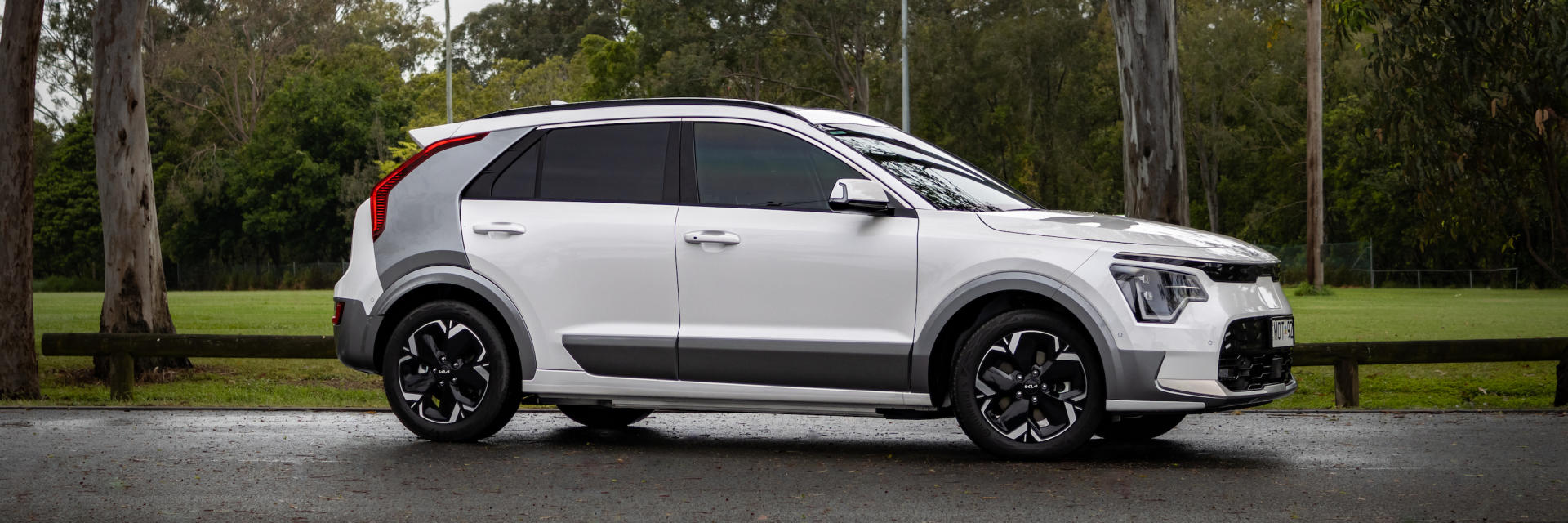
So, What Cars are Eligible for a Rebate?
To be eligible for the rebate, the BEV you purchase must be a brand-new vehicle and come in at under $68,000. This price includes GST, delivery costs, additional options and other fees levied by the dealer, although the aforementioned discounted fees for rego and rego duty are excluded.
The list of vehicles available on the market that are eligible for the rebate is relatively short, however, the continued push towards electrification will bring more into the fold.
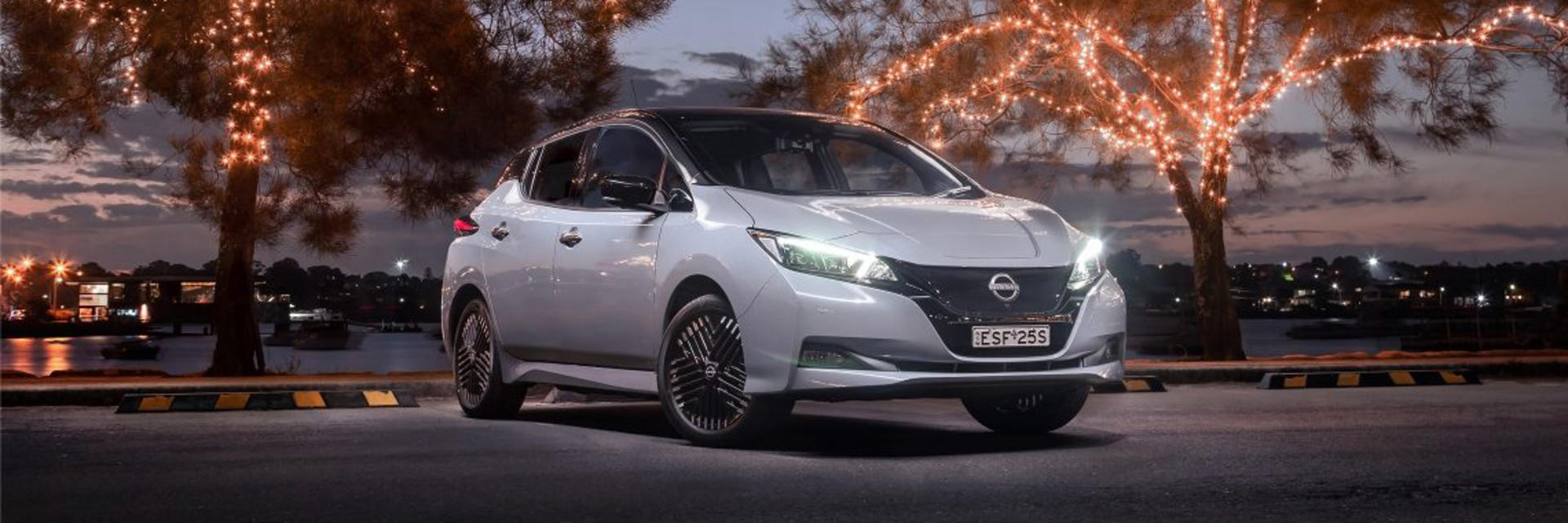
Are Hybrids or PHEVs Eligible?
As the aim of the Rebate Scheme is to encourage the purchase of ZEVs over vehicles with an internal combustion engine (ICE), any vehicle that relies on regular fossil fuels, even partially, is ineligible. Unfortunately, this means that the more common hybrid vehicles and plug-in hybrid electric vehicles (PHEVs) are out of contention. Other ineligible vehicles include second-hand vehicles, demo models, vehicles retro-fitted with electric power, heavy vehicles over 4.5 tonnes, and electric scooters & bikes.
You'll find that some entities such as licensed motor vehicle dealers and fleet management organisations are also ineligible for the rebate.
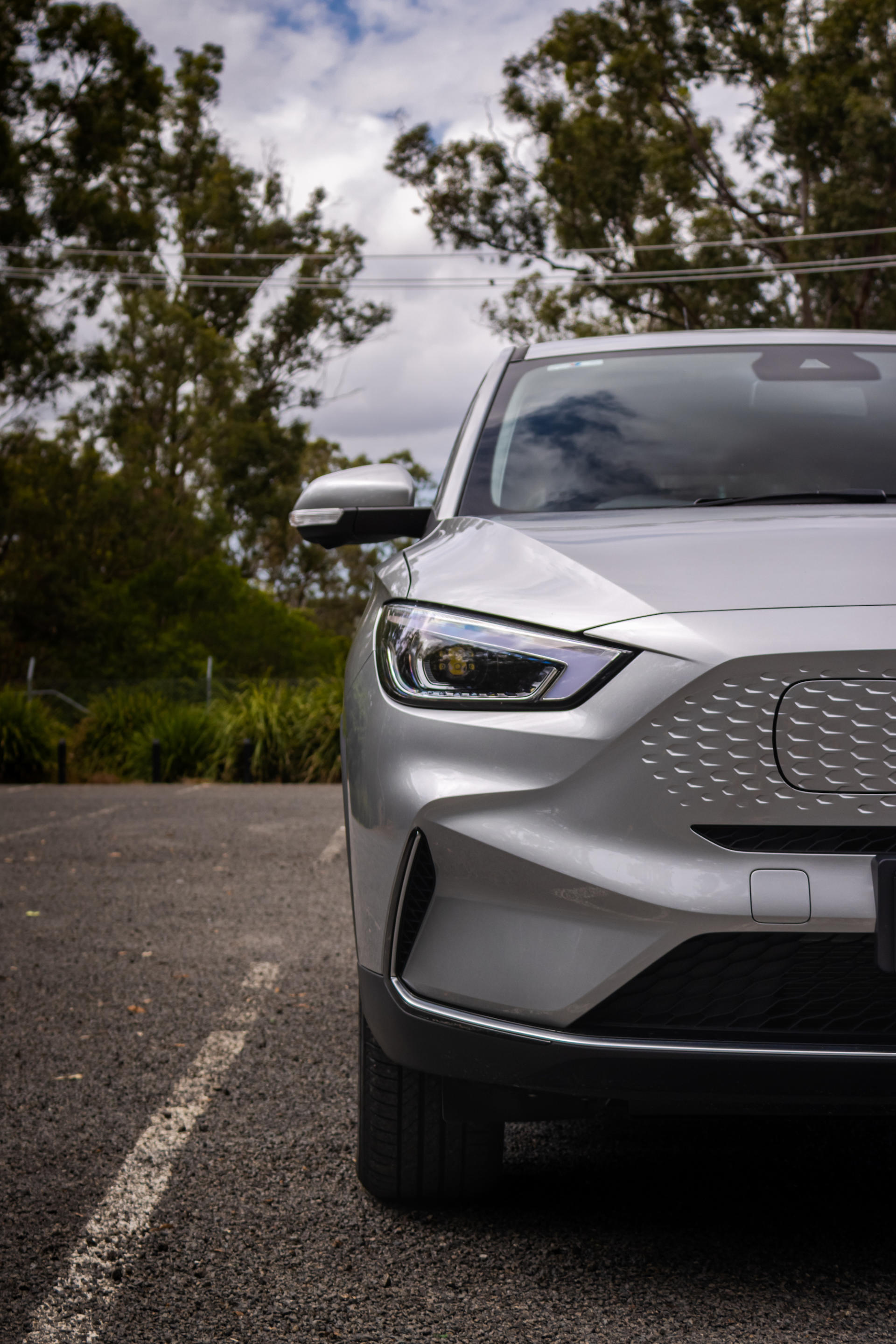
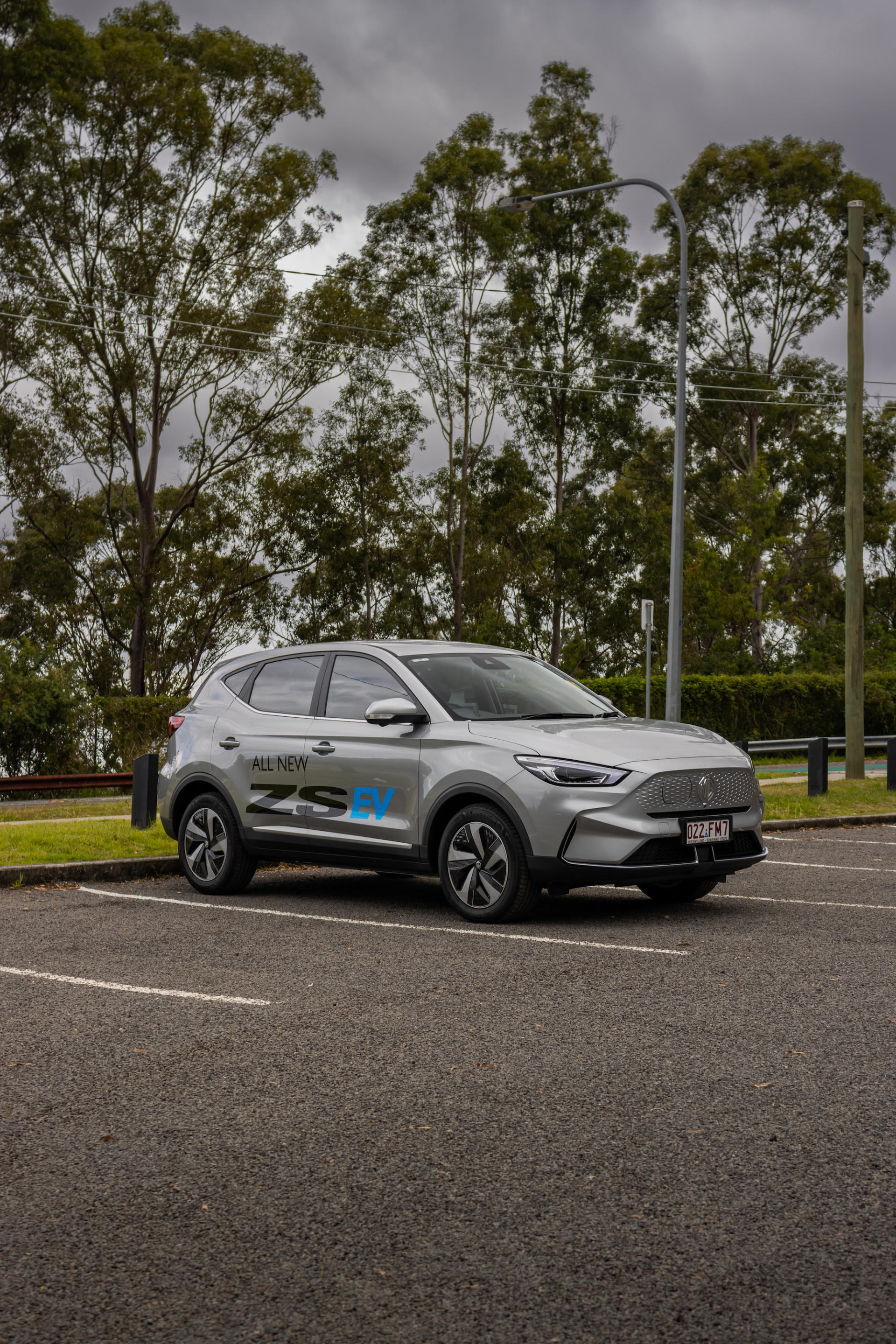
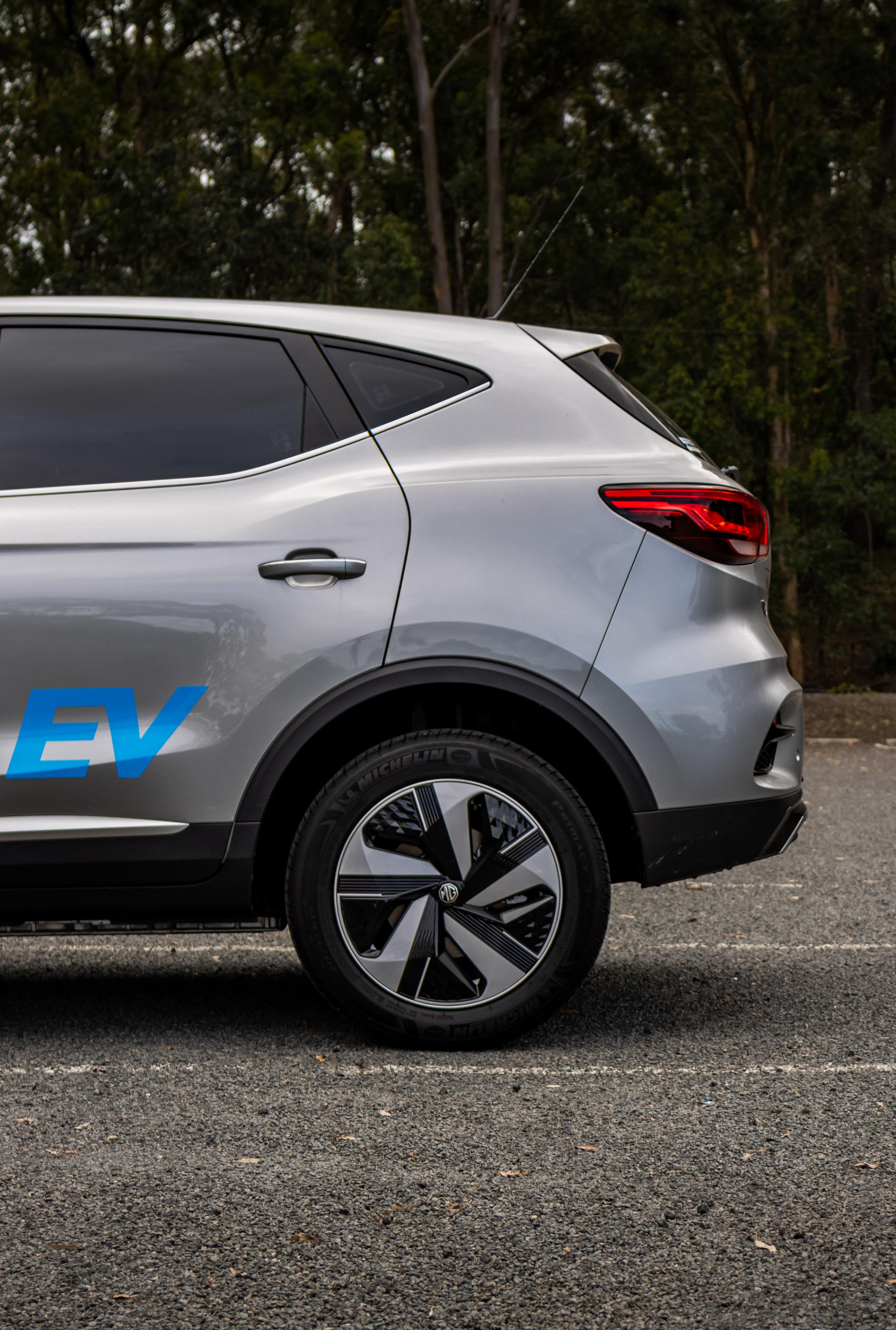
How do I Claim My Rebate?
If you’re in the market for an EV and would like to access Queensland's rebate scheme, you must be a Queensland resident with a current Queensland driver's licence or have a Queensland-registered business.
You can claim one rebate as an individual or up to five rebates per financial year as a business. The rebate will continue until the funding is exhausted and, with $45 million committed to the scheme, that’s 15,000 more zero emission vehicles the Government is helping to bring to our roads.
What New in 2023?
The Queensland Government announced that from July 2023, they would be introducing two new key incentives to their rebate scheme:
- A doubling of the EV rebate from $3,000 to $6,000 for applicants with a combined household of $180,000 or less.
- An increase to the price threshold for new vehicles that are eligible up to $68,000.
The existing rebate of $3,000 is still available to individuals and households above the income threshold, however the increase is only available for households. The overall aim is to increase EV uptake among Queenslanders in order to meet the targets set out in the Queensland's Zero Emission Vehicle Strategy 2022–2032.
What EVs are Available at Motorama?
Across all Motorama showrooms, there are four EV models from three brands that meet the eligibility criteria for the QLD EV rebate scheme.
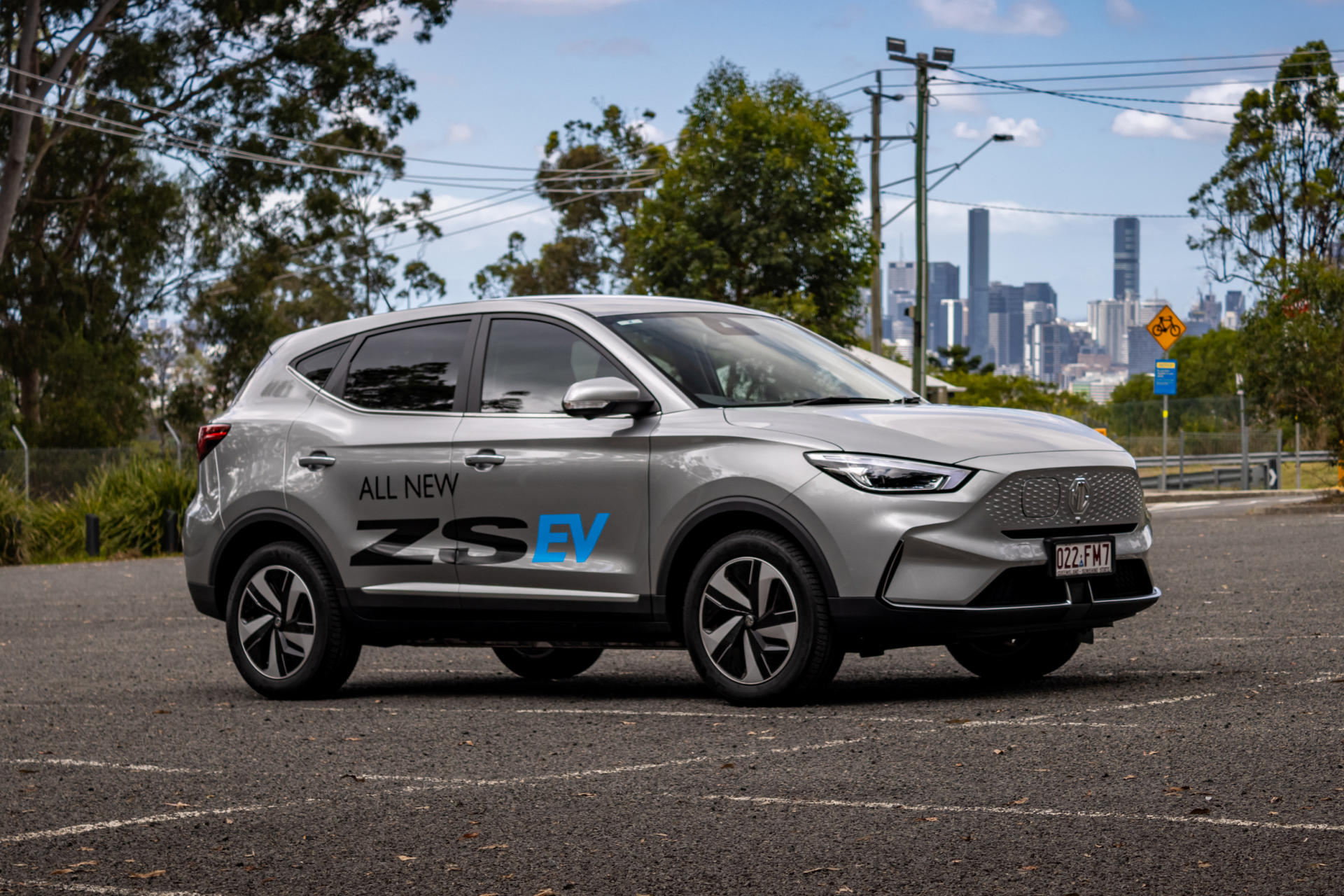
MG ZS EV
Before the MG4 arrived, the MG ZS EV was the most affordable electric vehicle on the market that is eligible for the rebate scheme. All model trims - Excite, Essence and Long Range - are eligible under the rebate scheme.
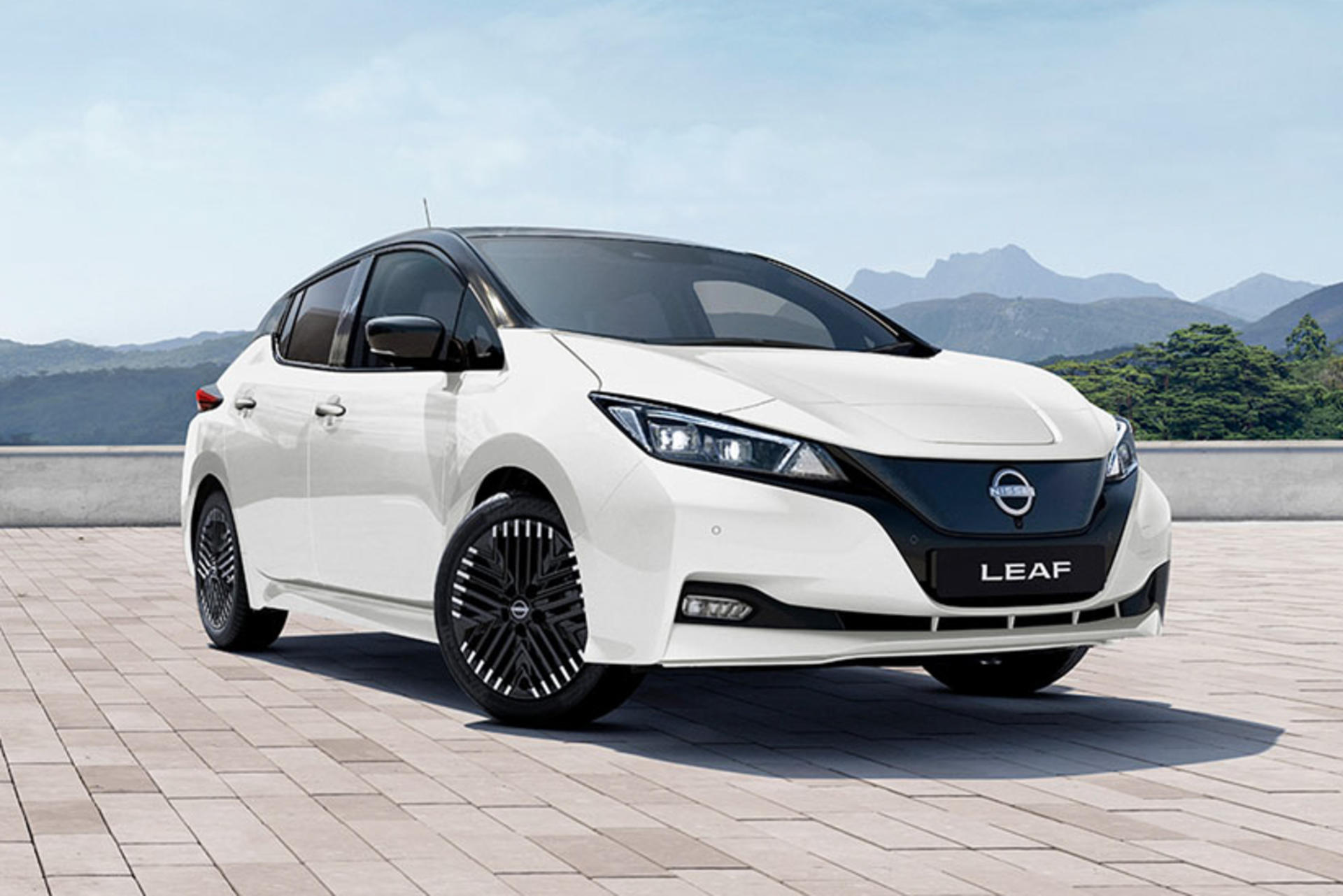
Nissan LEAF
Out of the four cars listed here, the Nissan LEAF has been in production the longest after first arriving on Australian shores in 2012. The futuristic-looking current generation was released in 2022 and both the base trim and the e+ model are eligible under the rebate scheme.
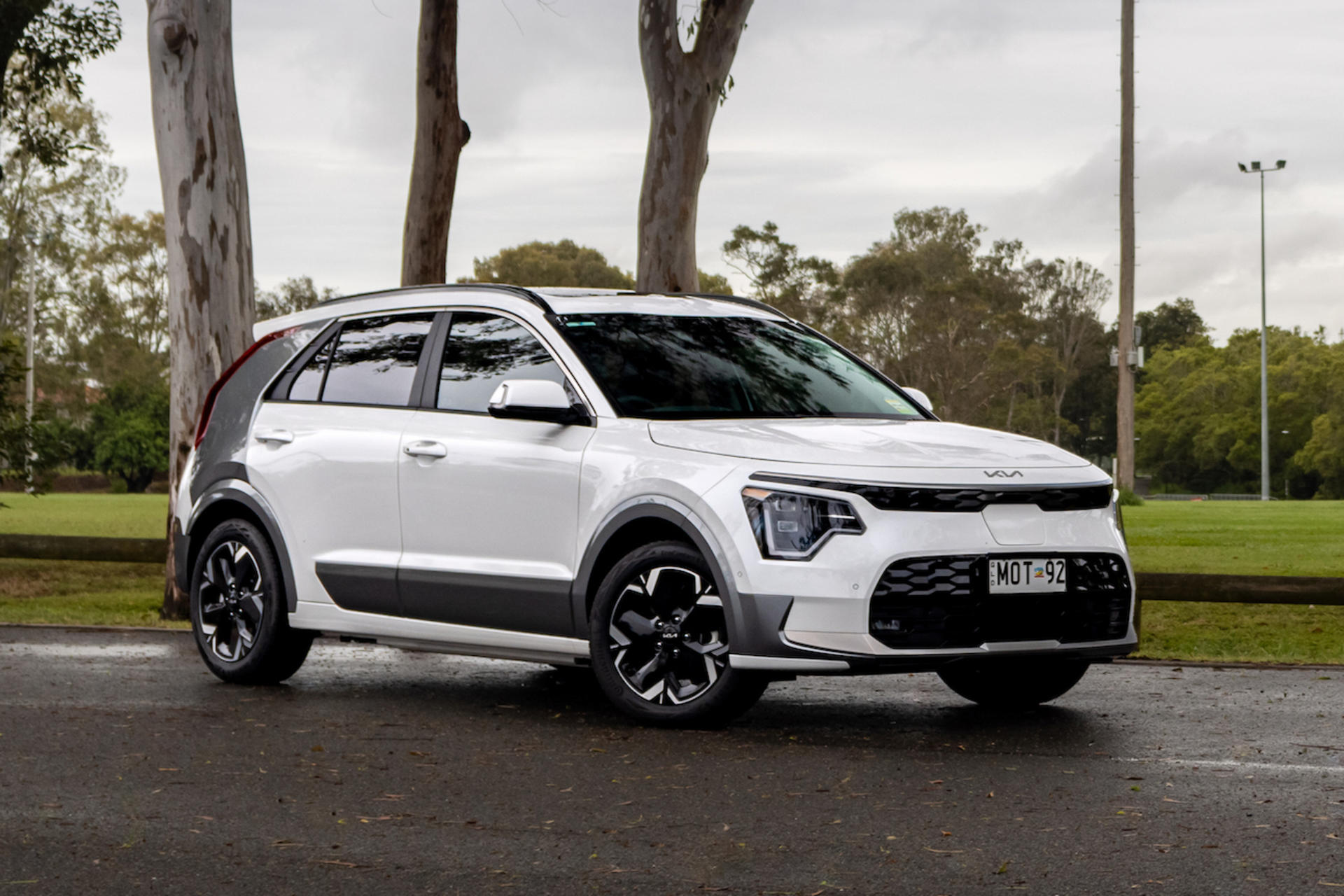
Kia Niro EV
The second generation of the Kia Niro EV is a sleek and stylish SUV from the Korean manufacturer. The base trim, S, falls within the eligibility threshold for the QLD rebate scheme.
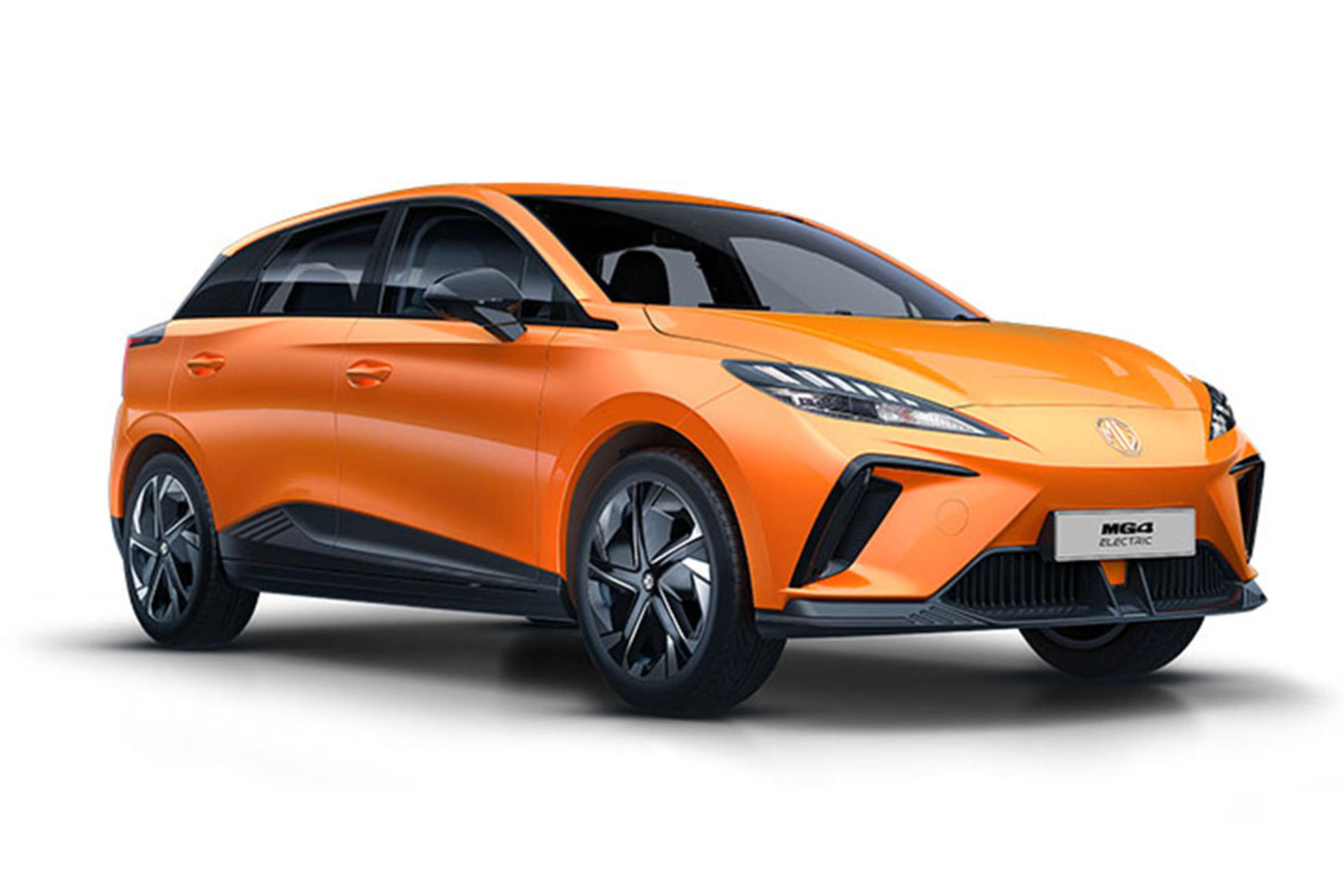
MG MG4
Arriving in August 2023, the MG4 is a compact SUV that is the company's second pure electric vehicle after the ZS EV. The MG4 is the most afforable EV on the market is available in four trims - Excite 51, Excite 64, Essence 64 and Long Range 77 - all of which are all eligible under the rebate scheme.

